The Development Advisory Panel (DAP) is an independent panel of marine and coastal social science and development experts and practitioners. The primary role of the DAP is to provide high quality socio-economic and development advice to the SBE Technical Assistance Platform and SIDS applicants to ensure that the specialist technical marine assistance provided supports poverty alleviation in a manner that is sensitive to, and ideally empowering of, gender equality, disability and social inclusion (GEDSI).
The responsibilities of the members of the DAP include:
- To consider whether proposals are strategically appropriate in the context of wider local national and regional development aims, and supportive of programme outcomes.
- To assess the impact potential of proposals received to achieve development outcomes.
- To recommend which proposals are appropriate to proceed, and any relevant conditions for approval or recommendations to strengthen projects.
- To provide scrutiny on project proposals and review whether Gender Equality, Disability and Social Inclusion (GEDSI) and Safeguarding sensitivities are appropriately considered by project proposals and advise where there is potential to improve this.
Meet the DAP Panel members
Stephen Pratt
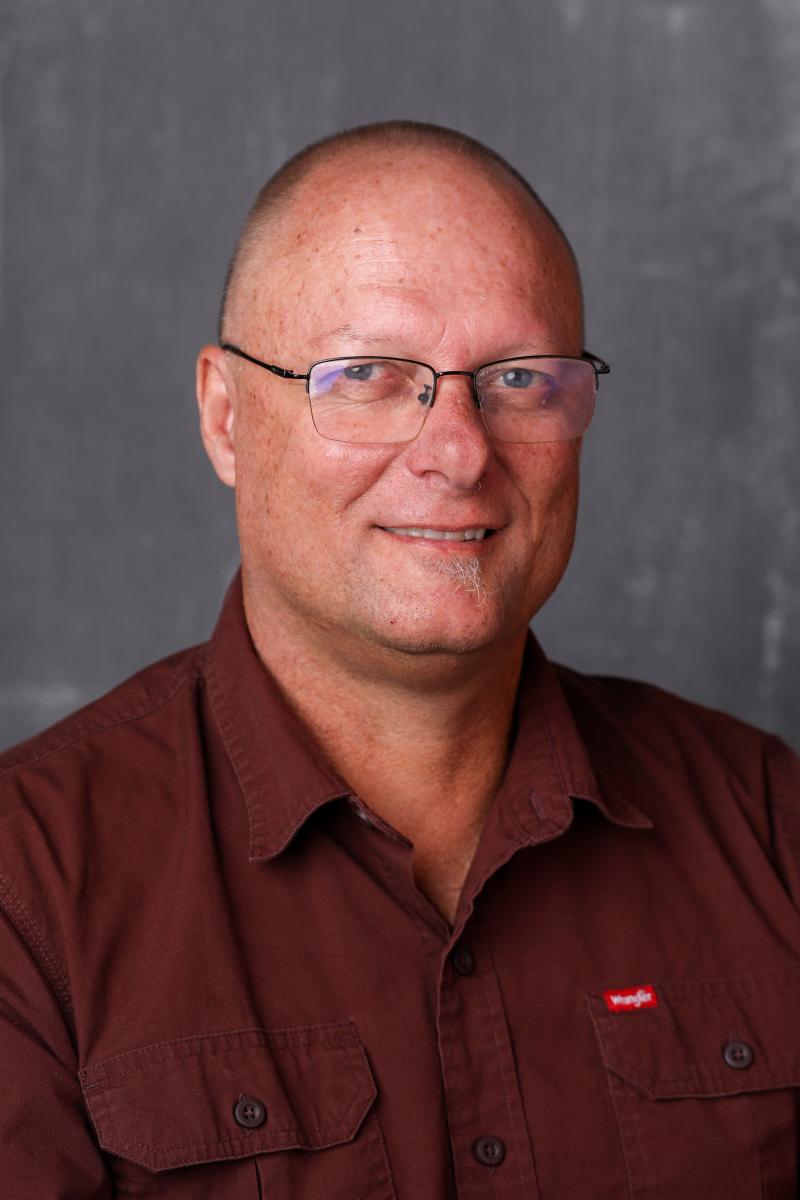
Stephen Pratt is a Full Professor at the Rosen College of Hospitality Management, University of Central Florida, and an Adjunct Professor at the University of the South Pacific. A recognized expert in tourism economics, and sustainable development. Dr. Pratt specializes in advancing climate-resilient blue economies in Small Island Developing States (SIDS). With extensive research and consultancy experience across the Pacific, his work bridges policy and practice in marine tourism and sustainable resource management. Dr. Pratt has led and evaluated numerous international projects, contributing actionable insights for poverty alleviation and sustainable development.
Kafayat Fakoya
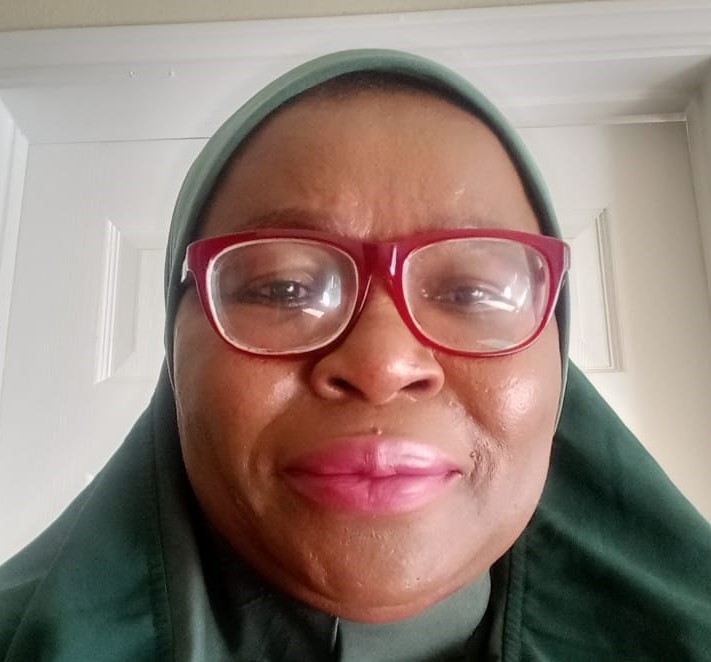
Kafayat Adetoun Fakoya is an interdisciplinary researcher and consultant with a PhD in Fisheries from Lagos State University, Nigeria, where she taught for 20 years. Her expertise includes fisheries, aquaculture, gender and social inclusion, evaluation, and seafood traceability. As Secretary of the Gender in Aquaculture and Fisheries Section, she has led a gender equity project for The Nature Conservancy and actively contributes to the International Development Research Centre (IDRC) funded GeNA project. Additionally, she served as a national gender advisor and case study author for the Illuminating Hidden Harvest Global Study, is well-published, and has consulted for organizations such as the UN’s Food and Agriculture Organisation (FAO) and Consultative Group for International Agricultural Research (CGIAR).
Annie Bertrand
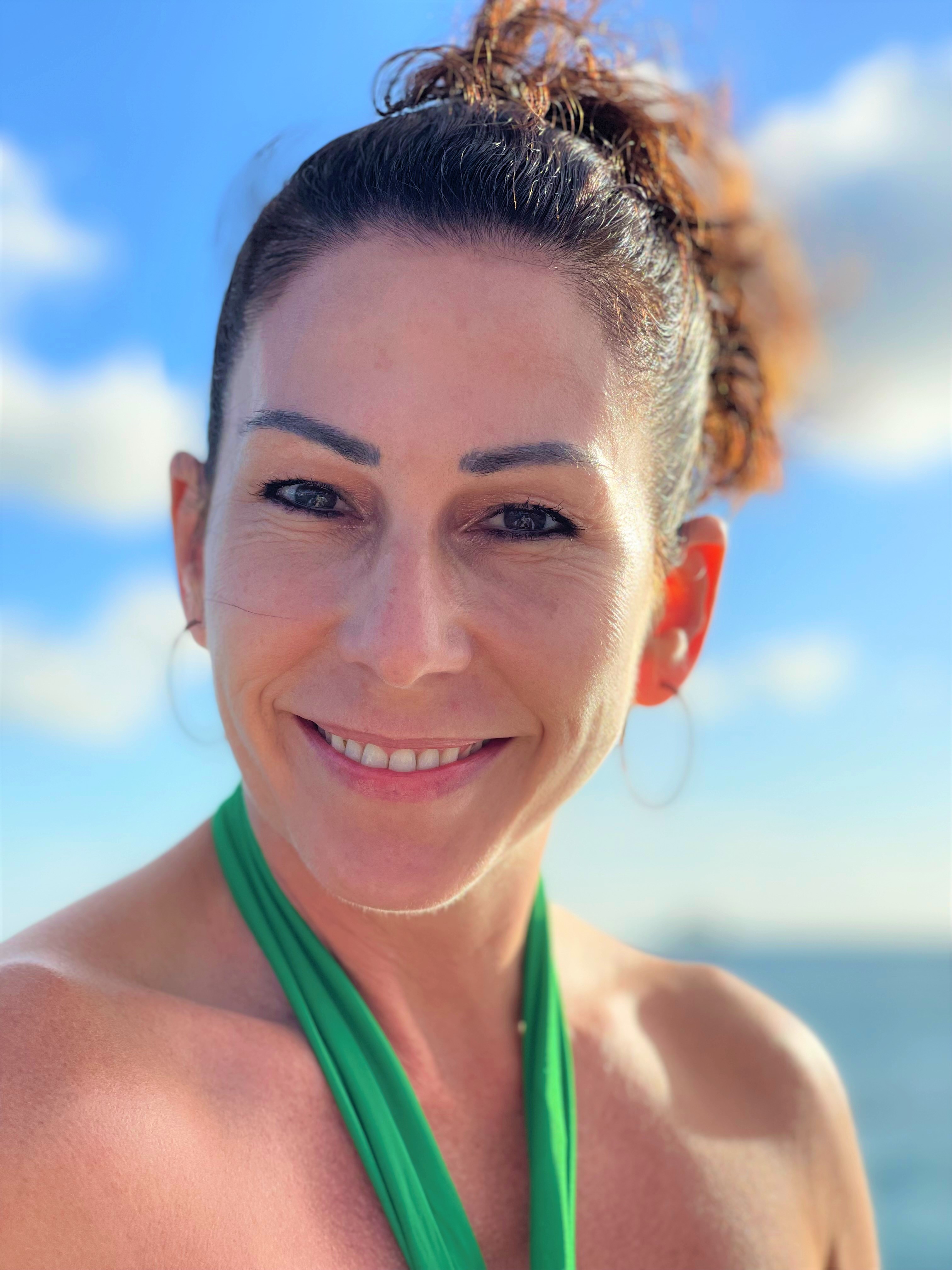
Annie Bertrand is a financial inclusion expert with a Harvard MBA and two decades of experience in over 50 countries. Through the World Bank, Organization of American States (OAS), UN Women, and the UN Capital Development Fund (UNCDF), she provides technical assistance to central banks in the Caribbean and Africa to develop financial inclusion strategies and regulatory frameworks that expand access to and usage of digital financial services for Micro, Small and Medium Enterprises (MSMEs). Previously, Annie led a multi-million-dollar private sector portfolio with the International Development Bank (IDB) and advised multiple agencies on driving growth and resilience through exports, innovation, and digital transformation. Her publications on Small Island Developing States (SIDS), women’s economic empowerment, and inclusive tourism are used globally for capacity building. Annie began her career in 2001 at Deloitte Consulting in Montréal as a Certified Management Accountant (CMA) and immigrated to Barbados in 2006.
Catherine Allinson

Catherine Allinson is Director of Future Earth Ltd., a climate financing and innovation consultancy, supporting countries to implement inclusive mitigation and adaptation projects. As Team Lead and a senior gender and inclusion expert, she has significant experience working with international organizations such as the UN, the Nationally Determined Contributions (NDC) Partnership members, the UK’s Foreign and Commonwealth Development Office (FCDO) and Commonwealth Secretariat and to improve equality through climate action. She likes working on developing catalytic financing streams to support people working in the blue and green economic sectors and digital tools to evidence impact and improve results. She is a seasoned speaker, event moderator and author.
Tomas Chaigneau
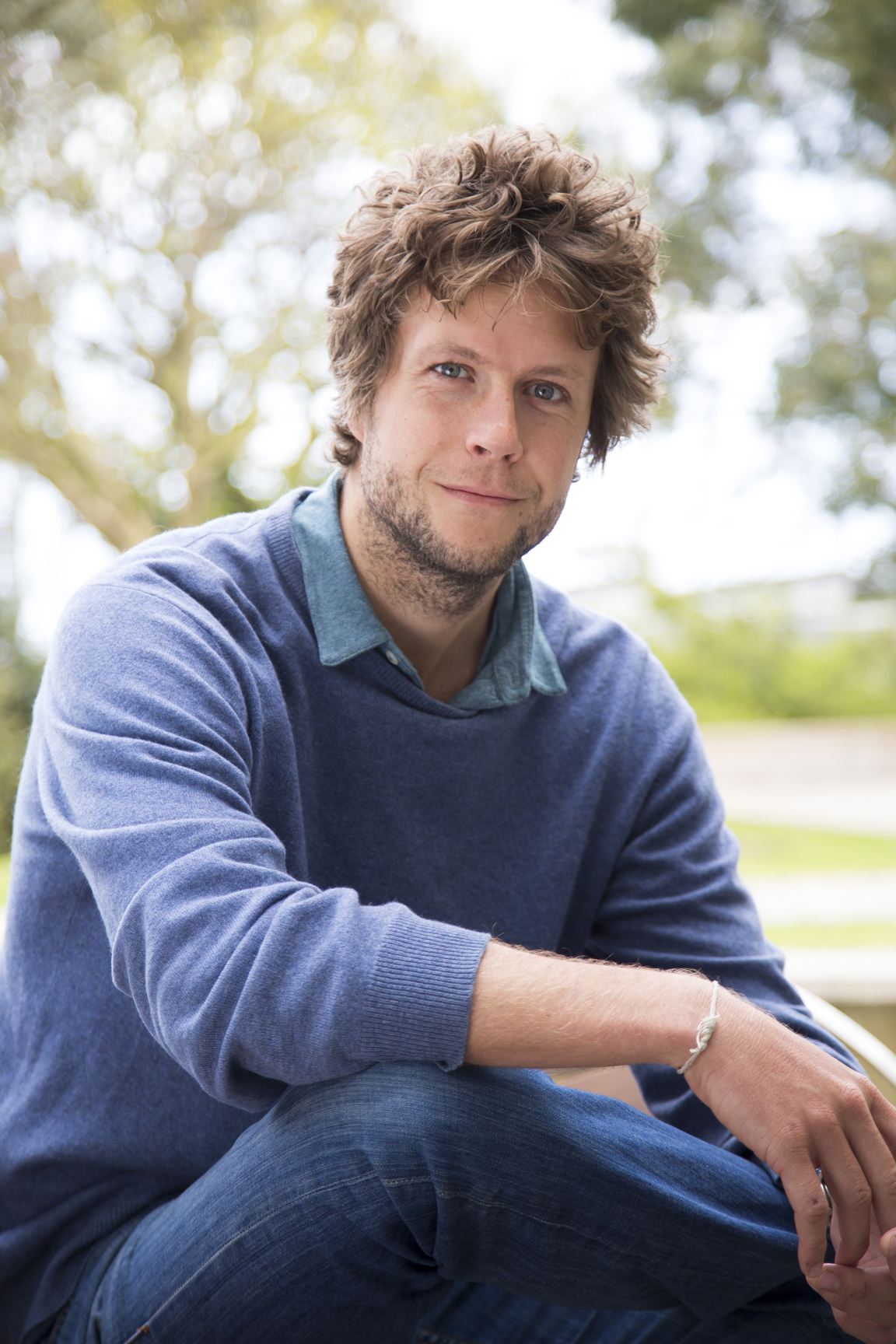
Tomas Chaigneau is an environmental social scientist at the University of Exeter. He studies the relationship between the natural environment and wellbeing. Through an interdisciplinary approach focusing on socio-ecological systems, pro-environmental behaviour and wellbeing literature, Tomas explores how best to ensure that conservation and natural resource management measures are contributing to poverty alleviation. His research has primarily focused along the coast and has recently explored the links between coastal ecosystem services, their management and wellbeing, and the relationship between social inequalities and environmental behaviours.
Samir Marinez
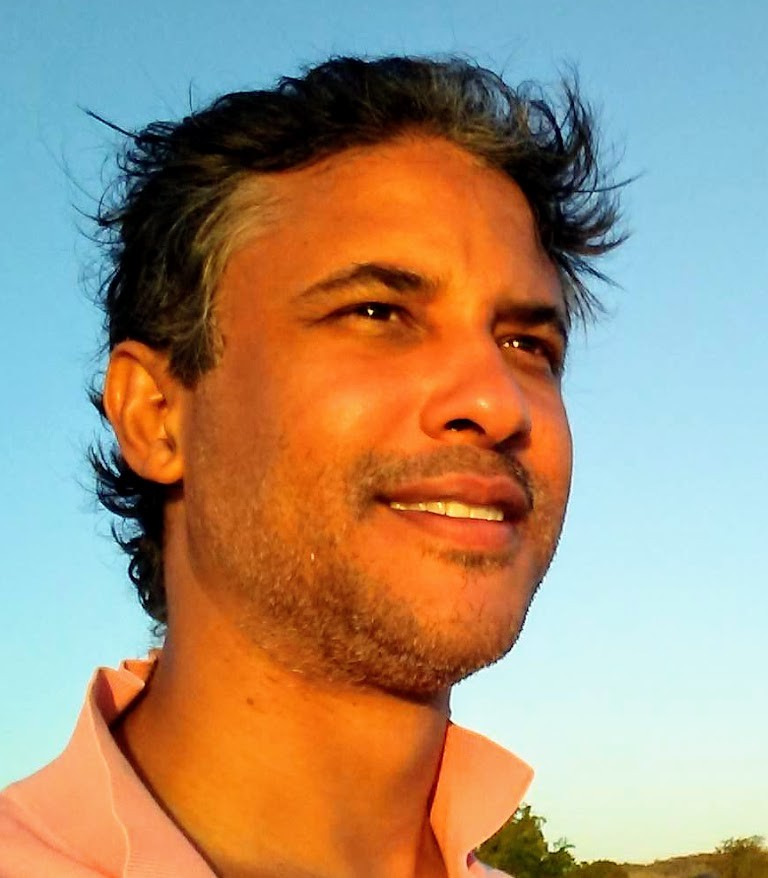
Samir Marinez is a Caribbean leader in blue finance and sustainable investment with 15+ years of experience in private sector development and sustainability including mobilizing capital for marine conservation and climate resilience. He currently supports several blue finance initiatives across the region and leads a Global Environment Facility (GEF)/IDB/Stanford University programme on natural capital integration. Founder of Zero Carbon & Co, he has helped shape the High-Level Principles for biodiversity credits as a member of the Biodiversity Credit Alliance and has advanced conservation trust funds and regional blue economy frameworks. As a member of the International Union for Conservation of Nature (IUCN)’s Commission on Environmental, Economic and Social Policy (CEESP), Samir serves as Co-Chair and Moderator of“The Caribbean Blueprint: Powering Blue Finance, Governance & Innovation” at the IUCN World Congress 2025, a session highlighting policy, governance, Natural Capital Accounting, and finance to scale resilient ocean economies.
Suliasi Vunibola
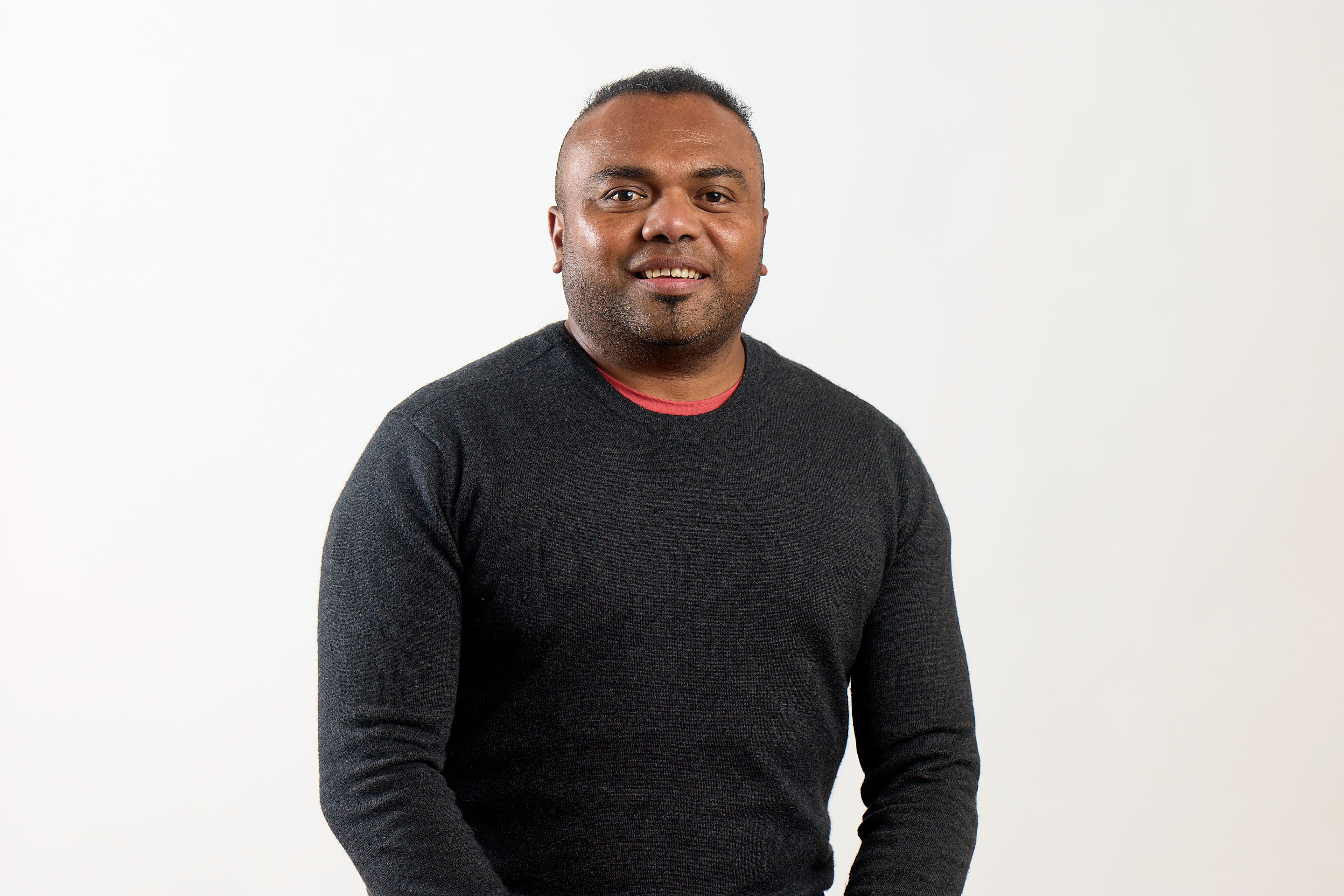
Suliasi Vunibola is a Senior Lecturer in Environmental Management at Lincoln University Aotearoa New Zealand. He is a transdisciplinary scholar, specialising in Pacific studies, international development studies, human geography, ethno-ecology, and ethnography, with a focus on climate resilience and adaptation, sustainable land, waterways, and ocean management in the Pacific, as well as Indigenous innovation. Suliasi’s scholarly practice has been critically shaped by his lived experiences in Pacific Island Countries and a foundational commitment to improving livelihoods, socio-ecological justice, and cognitive justice. He prioritises research impact that enables community self-determination through applied action. His research investigates the nexus of Traditional Ecological Knowledge and scientific frameworks within community-driven development, particularly in agroecology and blue economies, utilising decolonised methodologies and discursive analysis.
Gail Hurley
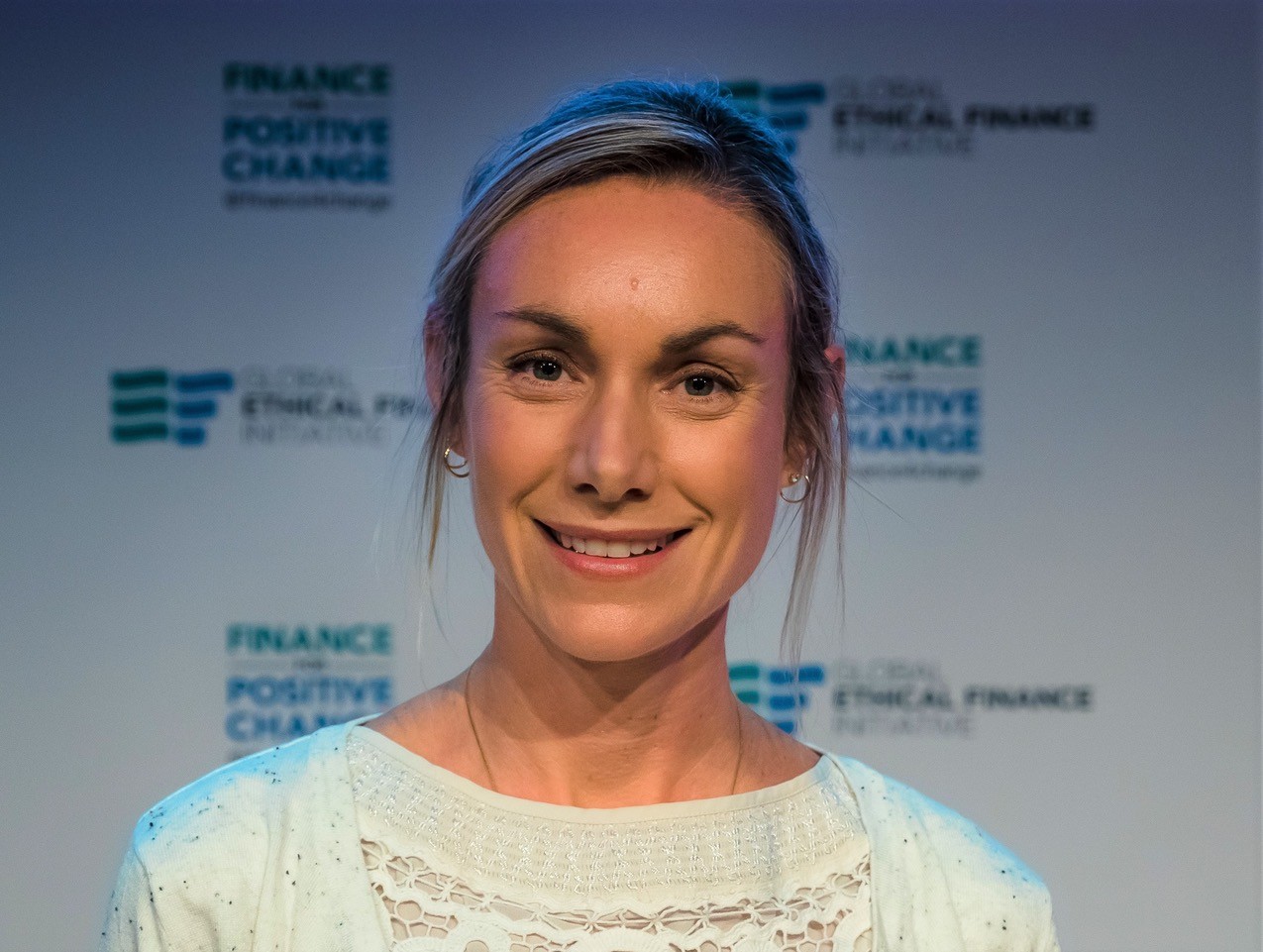
Gail Hurley is a senior development finance expert, specialising in the blue economy. She currently works part-time as a Co-Director of the Resilient and Sustainable Islands Initiative (RESI) at ODI-Global, and part-time on private consultancy work, including for UN agencies, World Bank Group, foundations and NGOs. She has held senior roles in Finance Earth and the United Nations Development Programme (UNDP) where she worked extensively on innovative finance mechanisms for the blue economy. She is a recognised expert in the financing challenges of Small Island Developing States (SIDS). Gail holds an MSc. in Development Studies from the School of Oriental and African Studies (SOAS) and has also studied economics at the University of London. She holds a Bachelor of Arts with Honours in French and Hispanic Studies from the University of Liverpool. She is currently based in Edinburgh, Scotland.
Cathryn McCallum
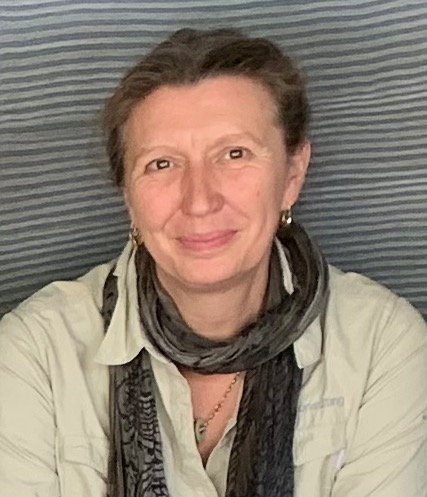
Dr Cathryn MacCallum is Director of Sazani Associates, a consultancy and non-profit organisation, advancing Environmental, Social, and Governance (ESG), sustainability, and impact management across emerging markets. An applied academic and practitioner with over 30 years’ international experience, she specialises in ESG compliance, social performance, and sustainable livelihoods, working with Development Finance Institutions, governments, corporates and UN agencies as well as local NGOs. A skilled practitioner in Participatory Learning and Action, she regularly delivers bespoke capacity building training worldwide. Cathryn has served as Social Specialist to the World Bank Inspection Panel, regularly contributes to international policy groups and is a Fellow of the Institute of Materials, Minerals and Mining (IOM3), Chartered Environmentalist and Chartered Scientist.